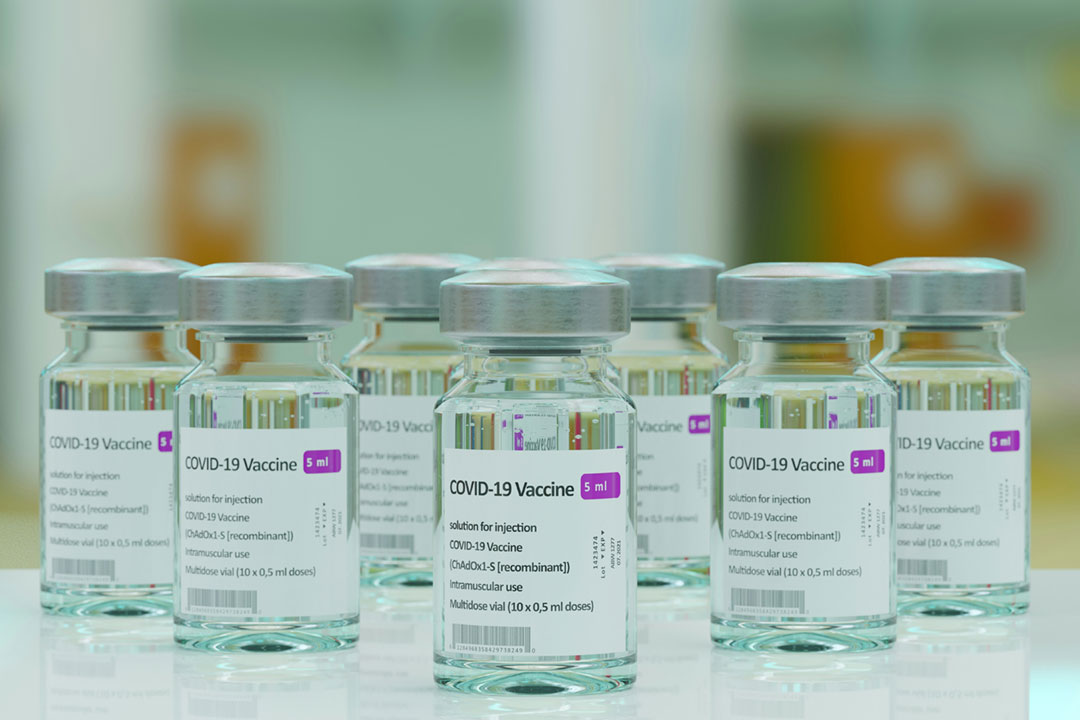Hypervaccinated: What happens when you receive hundreds of doses of the same vaccine?
A German man who deliberately got 217 COVID-19 shots sheds light on immune responses to repeated vaccination.
- 11 March 2024
- 3 min read
- by Linda Geddes

A German man has become a walking experiment for what happens to the immune system when it is repeatedly vaccinated against the same virus. Against national vaccination recommendations, the 62-year-old from Magdeburg in central Germany deliberately received 217 doses of COVID-19 vaccine between June 2021 and November 2023 – an average of one shot every four days.
His motivation for doing so is unclear: police initially suspected him of selling the vaccination cards to third parties, but following an investigation, the public prosecutor in Magdeburg did not file criminal charges.
“Current research indicates that a three-dose vaccination, coupled with regular top-up vaccines for vulnerable groups, remains the favoured approach. There is no indication that more vaccines are required.”
– Dr Kilian Schober, Friedrich-Alexander-Universität Erlangen-Nürnberg, Germany
Intrigued by news reports about the man, Dr Kilian Schober at Friedrich-Alexander-Universität Erlangen-Nürnberg in Erlangen and his colleagues reached out to him through the public prosecutor in May 2022 – by which time he was 213 vaccine shots in – inviting him to undergo various tests to study the impact of all these vaccine doses on his immune system. "He was very interested in doing so," Schober said.
One theory was that his immune cells might become fatigued from frequently encountering the same antigens – something that happens during chronic HIV or hepatitis B infections – meaning they could be less able to combat SARS-CoV-2 so effectively.
Have you read?
However, this appeared not to be the case. The researchers studied the results of various blood tests the man had undergone in recent years, as well as reanalysing frozen samples of his blood and fresh samples of blood and saliva that he volunteered.
The results, published in The Lancet Infectious Diseases, suggested that his immune system was fully functional, and that he had higher numbers of effector T cells against SARS-CoV-2 – immune soldiers that target infected cells – compared to people who had received three vaccinations. Neither was there any sign of fatigue in these cells.
The number of memory T cells – versions that can replenish effector cell numbers as required – was comparable to people who had received three COVID-19 vaccinations. And even after his 217th dose, the number of antibodies against SARS-CoV-2 was boosted by the vaccination.
Further tests suggested no change to his immune system's effectiveness against other pathogens, and the man reported no noticeable vaccination-related side effects at any point.
"Our test case was vaccinated with a total of eight different vaccines, including different available mRNA vaccines," said Schober. "The observation that no noticeable side effects were triggered in spite of this extraordinary hypervaccination indicates that the drugs have a good degree of tolerability."
Even so, he cautioned that this represented just one individual case, and the results were not sufficient for drawing far-reaching conclusions or altering public recommendations. Schober said: "Current research indicates that a three-dose vaccination, coupled with regular top-up vaccines for vulnerable groups, remains the favoured approach. There is no indication that more vaccines are required."








